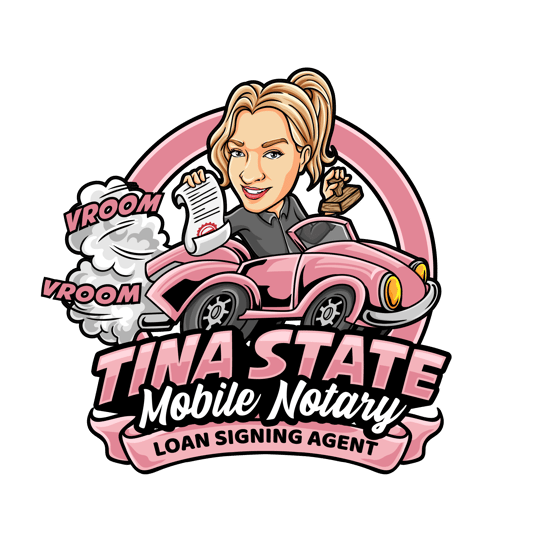FREQUENTLY ASKED QUESTIONS
Q: How much is your travel fee?
A: Fees depend on the location and number of documents being notarized. Please call or text for more information.
Q: What do I need to bring to the appointment?
A: Each signer needs a valid CA-approved ID*. See ID section below.
Q: Can I use a military ID instead of my driver's license?
A: Most military ID cards do not meet the CA ID requirements. See ID section below.
Q: What if I don't have ID, lost my ID, etc.
A: Each signer needs a valid CA-approved ID*. In some situations, credible witnesses with valid ID may be able to verify your identity. Please call or text for more information.
Q: I am/or my [Mom, Dad, Grandma, Friend, etc. is] in the hospital and I need a power of attorney. Can you do that?
A: I am not a legal document preparer, so you need to have the document that you need with you and completed (except the signature of the signer) when I arrive. For information on which document you need please contact an attorney or a legal document preparer. The signer of the document needs to be of sound mind and able to sign on their own. Some situations require the presence of an ombudsman during the signing of documents in a skilled nursing environment. Please speak with the social worker at the facility to determine if the ombudsman is needed in your situation.
Q: Can you provide a witness/witnesses for my appointment?
A: Yes, for an additional fee. Please call or text for more information.
Q: What if I accidentally already signed my document?
A: In certain situations, CA law allows for the acknowledgment of a document that the signer previously signed. Please call or text for more information.
Q: What forms of payment do you take?
A: Exact cash (I do not carry change), Zelle or Venmo. Credit/debit cards accepted with a $2 convenience fee.
Q: What if you come to the appointment and we can't sign the document for some reason?
A: The travel fee will still apply for any unsuccessful appointment.
Q: Do you come to Blythe, Needles, Lake Havasu...the river?
A: YES, for an increased travel fee.
Q: Can you meet me in Arizona or Nevada instead?
A: NO. As a California-commissioned notary public, I can only notarize documents within the State of California.
IDENTIFICATION REQUIREMENTS
The notary public can establish the identity of the signer using identification documents as follows (Civil Code section 1185(b)(3) and (4)):
1. There is reasonable reliance on any one of the following forms of identification, provided it is current or was issued within 5 years:
a. An identification card or driver’s license issued by the California Department of Motor Vehicles;
b. A United States passport;
c. An inmate identification card issued by the California Department of Corrections and Rehabilitation, if the inmate is in custody in California state prison;
d. Any form of inmate identification issued by a sheriff’s department, if the inmate is in custody in a local detention facility; or
2. There is reasonable reliance on any one of the following forms of identification, provided that it also contains a photograph, description of the person, signature of the person, and an identifying number:
(a) A valid consular identification document issued by a consulate from the applicant’s country of citizenship, or a valid passport from the applicant’s country of citizenship;
(b) A driver’s license issued by another state or by a Canadian or Mexican public agency authorized to issue driver’s licenses;
(c) An identification card issued by another state;
(d) A United States military identification card (caution: current military identification cards might not contain all the required information);
(e) An employee identification card issued by an agency or office of the State of California, or an agency or office of a city, county, or city and county in California.
(f) An identification card issued by a federally recognized tribal government
California Secretary of State Notary Public Handbook, 2024


